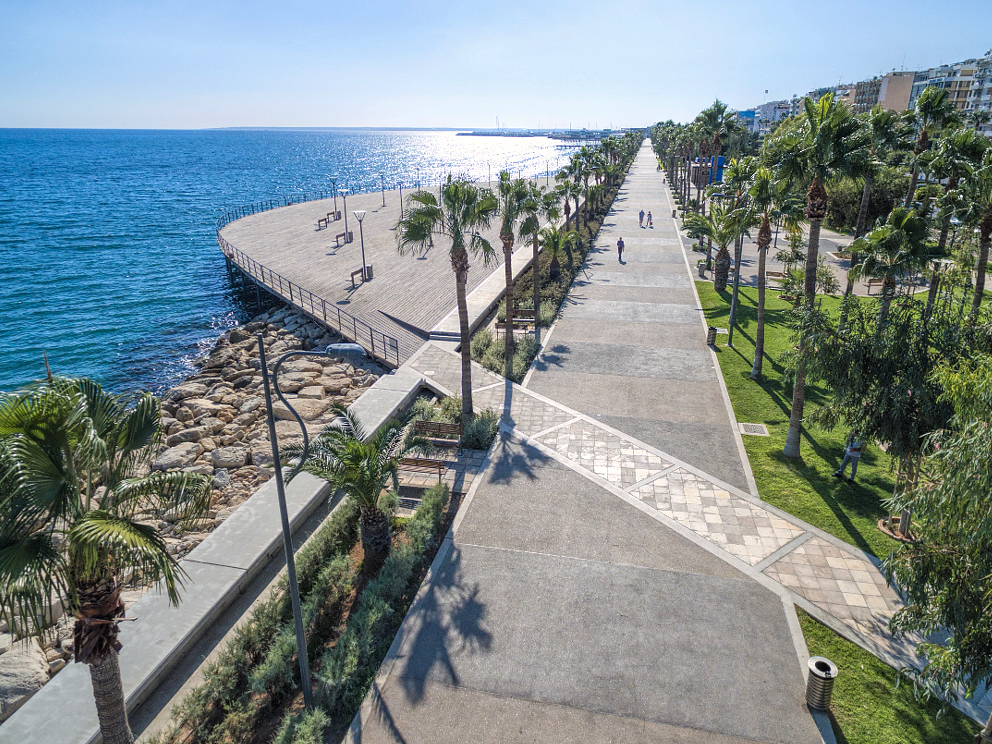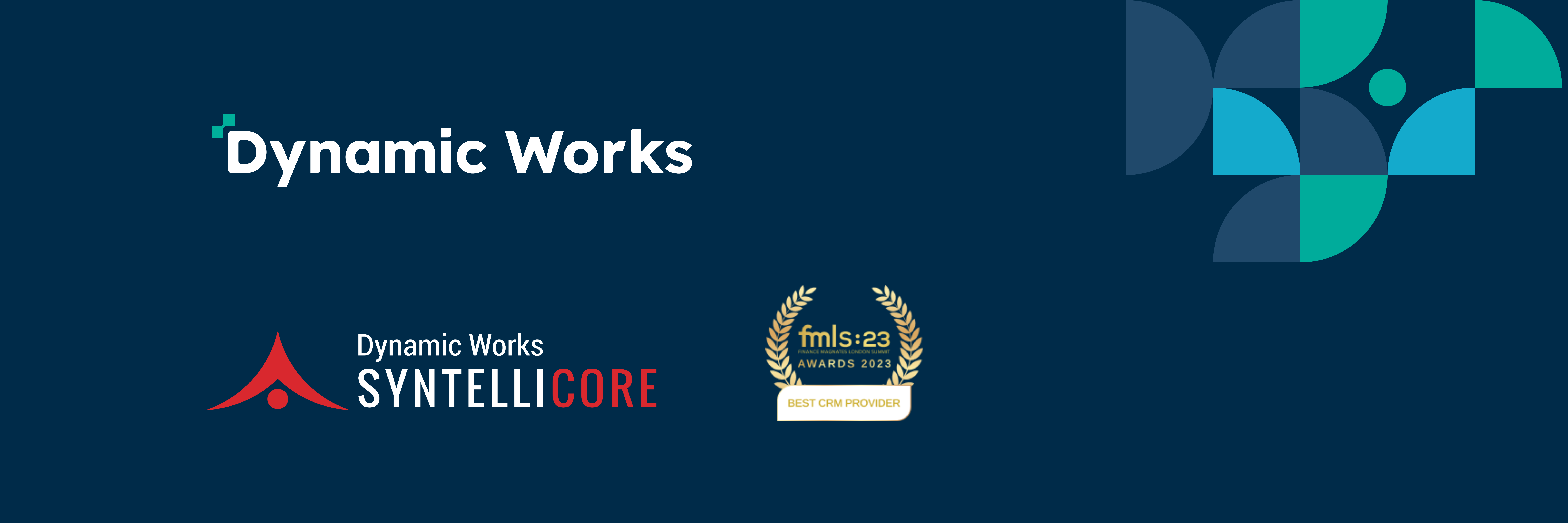Local Chambers of Commerce have traditionally played a cruical role in promoting local business and industry, prioritising cities as centres of entrepreneurial action. The Limassol Chamber of Commerce & Industry, one of the most robust city chambers in the regios, established in 1962 represents the first concerted effort of the Limassol business community to have an organisation to defend its interests and promote the economic development of the Limassol district.

Promoting local projects of wide-spread impact, the Limassol Chamber of Commerce has played an instrumental role in promoting the Limassol Industrial Estates, the Limassol port which is to this day the largest of its kind in Cyprus. the Kourris dam, the Limassol Marina, and the Cyprus University of Technology.
The Chamber celebrates its 60th anniversary this year, a testament to the resilience of its structure and purpose. Composed of experienced and notable entrepreneurs, who have shown a demonstrated track record for contributing to the local economy and have helped in bringing Limassol to the fore as an important international business centre, the Chamber is a necessary stakeholder in the promotion of business relations and research.
Activities
Access to information and advice on all issues of interest to the business community, including business support schemes, labour relations, etc.
Assistance, advice and guidance towards effecting solutions to specific problems
Communication and advice on finding business partners
Networking possibilities with other enterprises
Possibility of participation in lectures and other events
Possibility of participation in international fairs and business missions abroad
Issuance of certificates of origin and other documents with a 50% discount
Daily information, via email, on a variety of subjects that entail business interest
Reliable information on European Union-related business issues, including directives and requirements, as well as funding possibilities
Free subscription to ‘’Entrepreneurial Limassol”, the monthly newsletter of the Limassol Chamber
Limassol Chamber Business Barometer -Spring Barometer 2022

The Chamber publishes quarterly barometers as forecasts and conclusions for the current and future state of the economy through field and desk research. In its latest Spring Barometer 2022, the Chamber infers important conclusions on the current state of the economy, amidst the ongoing crisis in Ukraine.
Whereas the Cypriot economy had shown signs of recovery from the COVID 19 pandemic crisis, the new crisis, which came about with the Russian invasion of Ukraine and its aftermath, has obviously overturned the positive picture. This is the obvious conclusion that emerges from the findings of the Limassol Chamber Business Barometer, which captures the basic elements of the current economic situation from the perspective of Limassol enterprises.
Although the final version and analysis of the findings, which will include sector-by-sector references, will be completed shortly, the overall picture that emerges is already quite clear at various levels and points to growing concerns for the present and the future.
The following comparative data are indicative of the current situation:
· In terms of employment, the percentage of those intending to hire staff, decreased from over 60%, in the Autumn of 2021, to 54% in the Spring of 2022.
· Intent on new investments are now 56% of all participants, compared to 61% six months earlier.
· Among those who will not proceed with investments, 37% cite the uncertainty of the economic outlook as a reason, compared to 25% in Autumn 2021.
· 32% predict a decrease in their total sales in the next quarter. Six months earlier the corresponding rate was below 20%.
· Only 3.6% now speak of increased confidence in the economic prospects of Cyprus, compared to 15.2%. And reduced confidence has climbed to 55% (from 28% six months ago).
As for sources of concern for the immediate future of the Cypriot economy, the new factor, the Russian-Ukrainian crisis, is in the first place, while price increases in raw materials and other goods follow closely. Increased concern, certainly compared to previous versions of the Barometer, is posed by currency volatility.


